The content of the article
After tooth extraction, it is extremely important to ensure proper oral hygiene in order to prevent inflammatory processes. However, the contact of a hard brush with a damaged, long-healing gum is highly undesirable. However, experts do not prohibit such cleaning, after waiting for the required interval following the procedure. Today we will consider the main aspects affecting the possibility or impossibility of carrying out hygiene in this way.
Features of cleaning after tooth extraction
After the operation, an open wound is formed on the site of the once-standing tooth. Similar circumstances suggest that with the penetration of the infection will develop a massive inflammation. If the bacteria penetrate first into the soft tissues, and then the entire body, this is fraught with serious complications.
The task of the patient who underwent such an operation is to ensure proper oral hygiene. It is necessary to preserve the correct microflora so that the gum heals and the wound heals. After some time, a blood clot forms in the region of the pulled out tooth, it prevents the penetration of microbes into soft tissues.
On the question of whether it is allowed to apply a brush to the damaged area, the answer is yes. However, everything must follow the rules:
- When you come home from the clinic, carefully remove the tampon covering the hole in the area of the missing tooth. This tampon was put by a doctor, take it off. If the blood is still flowing, make a new cap and attach it to the old place. For this purpose, sterile cotton sponge or bandage is used. After installing the plug, bite it so that it fits into place.
- Monitor the condition of the gums. If it took about 3-4 hours, and the blood did not stop, again go to the dentist. It is worth remembering that with an unusual healing hole can bleed up to 12 hours.
- It has already been mentioned that a blood clot will be formed in the hole to fight bacteria. This occurs in the first day after the procedure.Your main task is not to destroy this clot, while maintaining it in integrity and security. For this reason, it is worth remembering that in the first day following the operation, you cannot use the brush and toothpaste.
- When the allotted 24 hours pass, you can begin to accelerate the recovery. To do this, purchase a solution of chlorhexidine non-alcohol based. Rinse your mouth. If there is no drug, prepare your own solution. 250 ml. warm water accounts for 15 grams. soda with salt. After the granules are dissolved, the product is collected in the mouth and gently distributed throughout the cavity. It is forbidden to vigorously stir the liquid in the mouth so that the clot does not disappear. It is enough just to tilt your head in one direction, then in another. When the procedure is complete, open your mouth and lean over the sink so that the composition will come out without your efforts.
- After another day, you can gradually begin using the brush. But take extra care, otherwise you will only make it worse. The villi of the brush should not touch the hole in the place of the extracted tooth. Remember that you can not remove a blood clot. It protects against bacteria.In all other respects, the cleaning is normal, smooth, using a soft degree brush. When the procedure is completed, rinse the mouth with Chlorhexidine or salt with soda.
- On the fourth day, it is not necessary to carry out a special cleaning, all manipulations are carried out in the usual way for you. It is imperative that you clean your cheeks and tongue, because there are a lot of bacteria in these zones and food remains.
Care after removing a wisdom tooth
The process affecting the features of care after the removal of 8s is slightly different from that described above. With incorrect manipulations, inflammation will develop, more than 20% of patients suffer from this. In order to prevent negative consequences, it is necessary to follow the advice of a specialist, he will give his recommendations on oral care in the first week following the intervention.
Practicing doctors have developed their own algorithm, which allows you to carry out hygiene without the risk of infection. Follow the simple tips:
- The swab changes every 45 minutes if the hole is bleeding. If within 3 hours the blood continues to ooze, go to the doctor.
- It is forbidden to clean the oral cavity after tooth extraction on the first day. In addition, it is contraindicated to resort to using various solutions for rinsing the first few days. If you ignore such recommendations, you will develop osteomyelitis.
- If you brush your teeth with a familiar brush, a blood clot will fall out of the wound. It protects tissues from the penetration of pathogenic bacteria. In addition, the integrity of the seams may be affected by the mechanical action of the bristles.
- It is strictly forbidden to clean the hole for several days, which appeared at the place of the extracted tooth. Instead of classical brushing, you can rinse your mouth with saline. Dissolve 2 gr. salt in 120 ml. boiled water. The composition must be used at once.
- A day after the operation, you can start brushing your teeth with extreme care. Manipulate very carefully and slowly. Bypass the painful place side. To avoid pain, get a brush with the softest pile.
Immediately after tooth extraction, cleaning the mouth is strictly prohibited. After a day you can proceed to the procedure carefully. Do not forget to clear and language.Also in the first days it is not recommended to spit the paste after brushing your teeth. Such actions can provoke a violation of the integrity of the blood clot in the hole.
Video: how to care for the oral cavity after tooth extraction

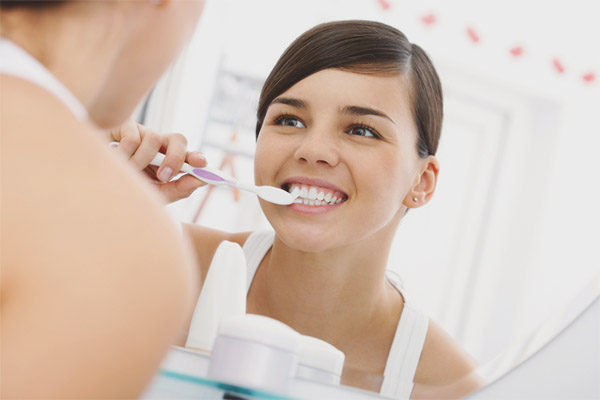

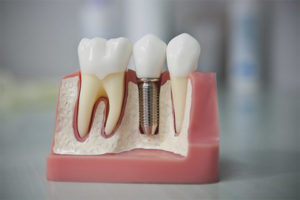
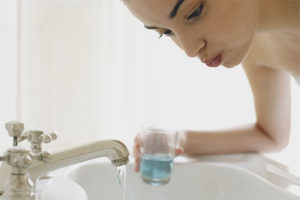
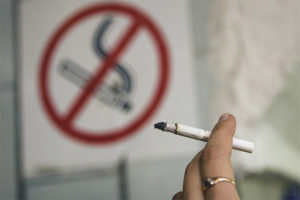
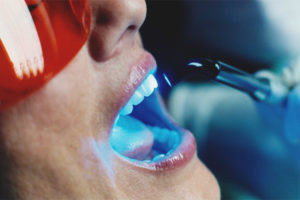
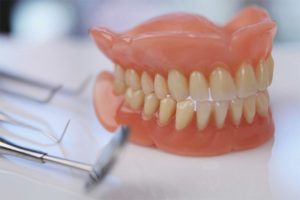
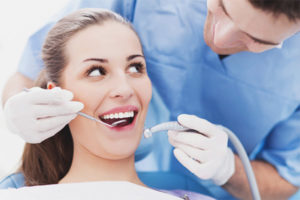
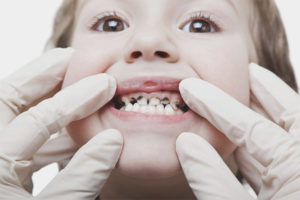
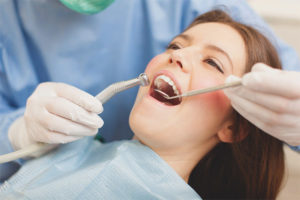
To send